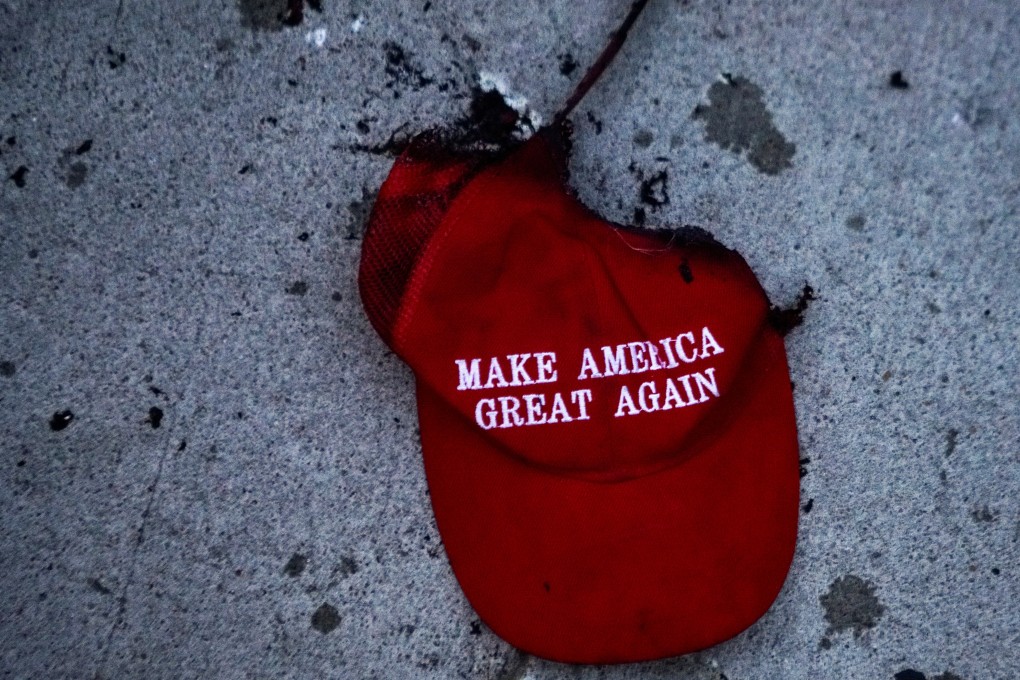Advertisement
The US fears competition. Its status as head of the global order must now be rethought
- American pre-eminence was sustained by a grand bargain: it could sit at the top if it did not abuse its position – or it kept its abuse to bearable levels
- Now that it no longer wants to behave responsibly, a more multipolar world which works for the benefit of all must be devised, argues Chandran Nair
Reading Time:5 minutes
Why you can trust SCMP
21

Make America Great Again may be US President Donald Trump’s rallying cry to his base, but it should also be recognised as a by-product of a much more significant trend: America’s fear of competing in a post-Western world.
Every week, if not every day, there seems to be some new American policy targeting China. Sanctions against Huawei and ZTE. Executive actions against TikTok and WeChat. New scrutiny of Chinese companies on US exchanges. Arrests of Chinese – and Chinese-Americans – accused of espionage.
Threats to expel Chinese journalists. Designating the Confucius Institutes as foreign missions. Sanctions on Chinese officials. Shutting down the Chinese consulate in Houston. One Chinese government official has referred to it as the “US hunting down the companies” of other countries.
Advertisement
Taken together, it’s now clear the United States is pursuing a policy to sanction and contain China in an attempt to arrest its rise, leveraging its financial and – for now – technological superiority against the country.
All of this points towards a US that has developed a fear of competing with others. Everyone is a threat, not a worthy competitor. Every competitor is accused of copyright infringements, of taking advantage of US technology, and of being a threat to national security. They are all eventually sanctioned in ways that only the US has the power to enforce.

European and Japanese firms have experienced this as well, but China is the first real competitor to the US that is not part of its security framework and thus will not take these actions sitting down.
Advertisement
Advertisement
Select Voice
Choose your listening speed
Get through articles 2x faster
1.25x
250 WPM
Slow
Average
Fast
1.25x
